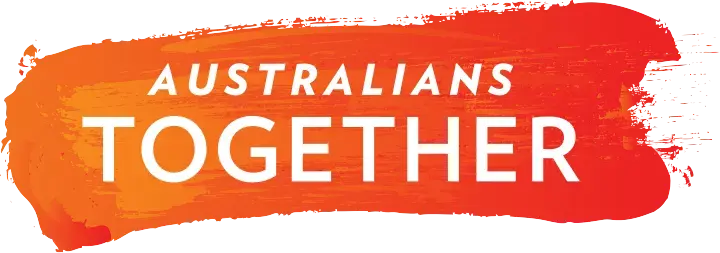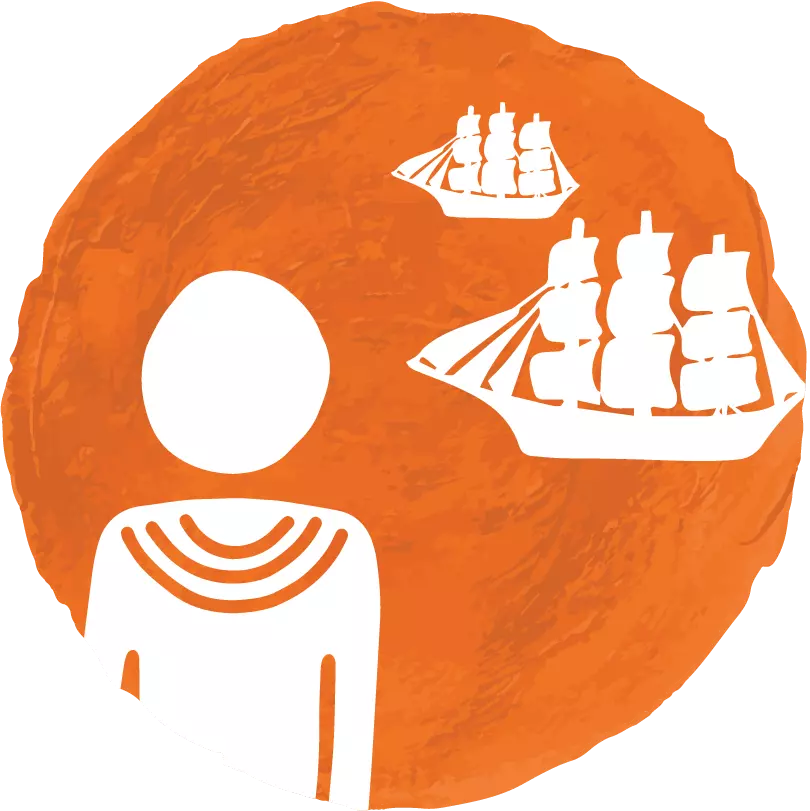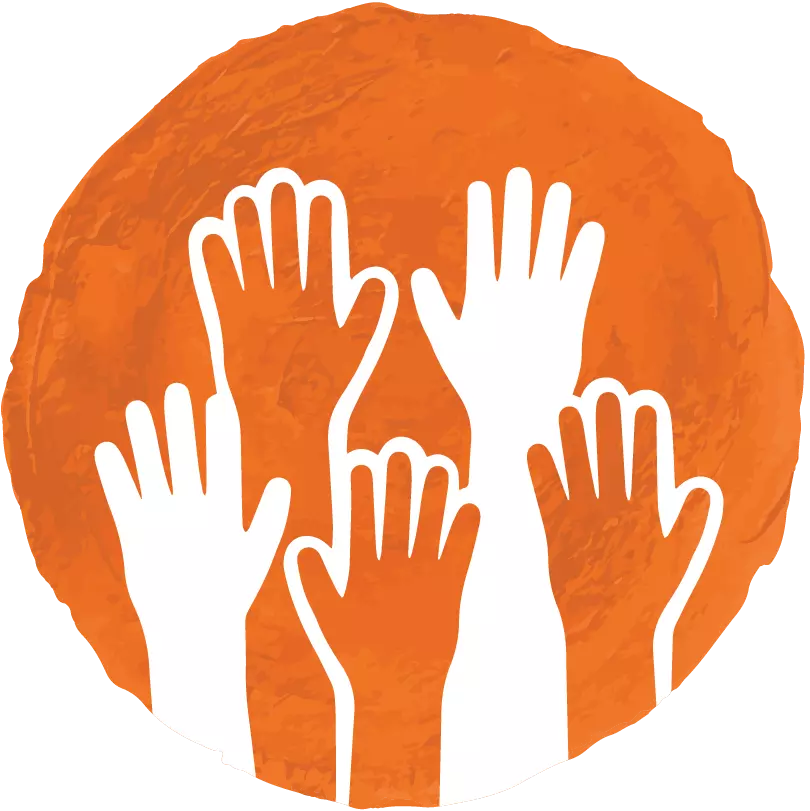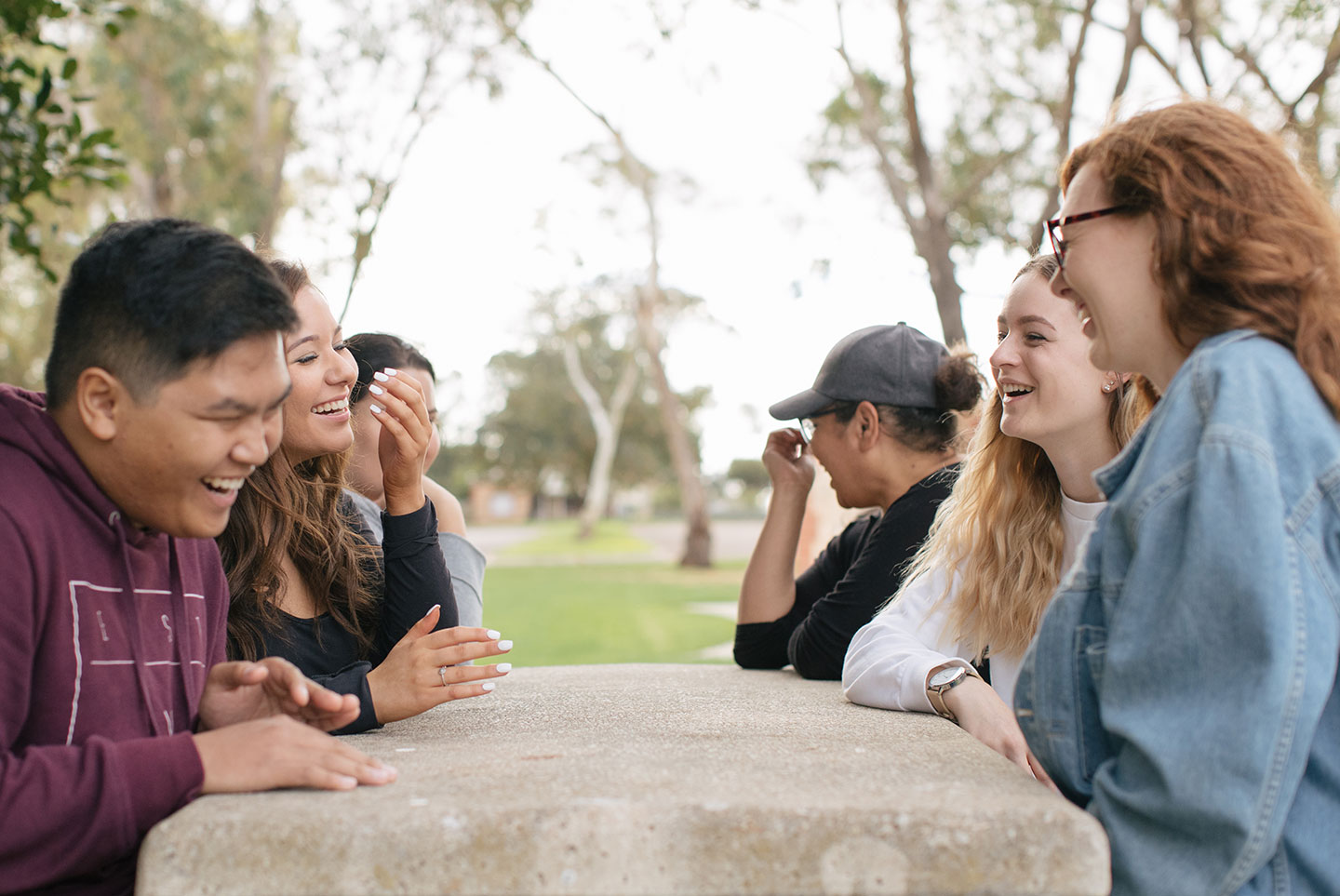Pastor Mike Hercock, Senior Minister of Imagine Baptist in Sydney, shares about the journey his church is on to build relationship with Indigenous people in their community.
“... you don't know what it's like to be a black person walking into a white church.” - Mike Hercock.
Listening
When Mike Hercock planted Imagine Baptist Church in Surry Hills Sydney, he asked the question, “How could the gospel have the maximum influence on the community that we're in?” The discovery that his community had the second highest Aboriginal population in Sydney helped him answer this question.
“What we decided to do was just to try and build up the local Aboriginal leadership the best way we knew how,” he explains. “And then that basically was about listening to stories.”
Setting Out
A breakthrough came when Mike met Pastor Ray Minniecon, a descendant of the Kabi Kabi nation and the Gurang Gurang nation, who was living in Sydney. At that stage, Ray, who had worked in senior leadership positions at a national level, was receiving no ministry support, no housing and no office.
“We just created some space for him,” says Mike. “And then eventually he would bring in a number of the Kinchela stolen generation men both into our church community and into our lives really. And they would come to our gatherings and share some of their stories.”
Trust-Building
Nevertheless, Mike emphasises that it has been a gradual trust-building process; it was three or four years before the chairman of one Indigenous organisation would look Mike in the eye.
“It took him a long time because he just didn't trust white middle class people,” Mike explains. “He slowly slowly built relationship with me, very slowly. And now we see each other a couple of times a week and have a cup of coffee.”
For Mike, trust-building was about doing two things; “One is just giving a space for stories to be told, a voice on any given issue. And then supporting what they saw as a priority.”
“There's no ‘I’, there's only ‘we’,” explains Mike. “So you're either in, or you're not in. For me that took a while. Now I'm kind of, I'm in the ‘we’. That doesn't mean there's not a whole bunch of other things going on, but I'm not out. It took me a long time to get that.”
Getting Practical
Listening to Indigenous people in their community helped members of Imagine Baptist identify ways they could support their Indigenous brothers and sisters. “When someone passed away we would help with food because all of the community would arrive for the funeral and then the family didn't necessarily have any food, so we'd just try to do stuff like that. It was very hands on,” Mike explains.
Ray and his wife Sharon also helped to identify ways that the church could get involved with local Indigenous people. “Ray brought us across the Kinchela Boys Home Strategy, which was the boys home where the NSW men were taken… men who'd been taken as children and then institutionalised and never really recovered,” recalls Mike.
He describes how his church felt a conviction to support these men. “The men, through Ray, started coming to our church and sharing their story about what it was like in Kinchela for them, and how it affected their relationship, particularly with church and institutions. And so we went about trying to raise money at times, to run a bbq, whatever we could do.”
In the end, Imagine Baptist, along with others, successfully advocated to secure funding to employ a counsellor for stolen generation men in inner city Sydney.
In everything they’ve done, Mike emphasises the supportive role that Imagine Baptist has adopted; “The important part was that the Aboriginal leadership was at the top of that pile and that we were just a vehicle for them to get the organisation going… Ray became CEO of Kinchela Boys Home two days a week, we have three staff, it's got an Aboriginal board that are all training, they're doing their Cert IV in board training, so they're understanding their own leadership capacities,” says Mike.
Personal Relationships
Whilst formally supporting campaigns as a church has achieved some great outcomes, Mike stresses the importance of personal relationships for achieving change. “You can obviously run programs and strategies, but if you get the story side right you'll get a viral effect… What tended to happen was individually, individuals felt they had a conviction and then they would respond to that conviction through relationships,” he explains.
“So a good example, one of the girls just started catching up with Sharon to help her with the bbq that she was running for the solo mums. This is a middle class Chinese woman who’s in her mid-20’s with an Aboriginal woman who's in her late 50's, and started sharing what she could. And it turned out she was financing half the program for a while! I didn't know that at the time. She just said, ‘how can I help those mums?’ you know. But I must say she would say the opposite. She would say she received so much that she never would have. She just kept doing it because she was so blessed.”
Mike also shares how a woman from the congregation with an arts background began running exhibitions with some of the Kinchela men. “On several occasions she's put up the art work and cleared a gallery space for the Aboriginal men to show their artworks, picked them up, financed it herself. From a space 3 years ago where she would just sit there with tears in her eyes but not know what she could do,” he says.
Making Mistakes
Mike is the first to admit they've made mistakes along the way. He shares the story of a time an Aboriginal woman was making a guest performance with the Imagine music team. Mike describes how, upon her arrival, the woman began accusing the congregation of racism towards her on the grounds that no one had acknowledged or welcomed her.
“Different people then afterwards came up and apologised to her, and I apologised on behalf of the church that we hadn't recognised her. She stayed in relationship with us because we acknowledged it. So we did learn.”
For Mike, this experience highlighted the need for the congregation to demonstrate a heightened sensitivity to seek to see things from an Aboriginal perspective. “What that woman was pointing out was true,” he says. “Everyone's going ‘I'm not racist!’ But the reality is, you don't know what it's like to be a black person walking into a white church. So the question then becomes, how do you create those spaces where they're feeling safe?”
Addressing our own Attitudes
According to Mike, one of the key issues for churches seeking to engage with Indigenous Australians is first understanding our history and attitudes. “They need to know their own history,” Mike iterates. “History as white Australians, what's taken place in their country, what's happened, and how they've been connected or not connected to that.”
The reason for this, says Mike, is that if we don't understand an Aboriginal person's history, then it's very hard to understand their present and their future. Learning about our shared history is also important in questioning how our educational upbringing has influenced and informed our attitudes. “So we don't realise but obviously we've had a bunch of presumptions that have affected our attitudes and that's actually the attitudes that are most disabling in the relationship,” he explains.
To illustrate this point, Mike tells the story of one man in the congregation; “He grew up in one of the towns where they took all the kids, he knew that the kids were being taken, he's an older guy,” Mike says. “Now he broke down and cried when he realised what had really happened. 'Cause he grew up in an era when he thought that was the best thing for them to do, he thought it was right. And he's a godly man, he’s a very humble man.”
Another example of changed attitudes involves the son of one of the men who actually ran Kinchela Boys Home. “He came up to me last week,” says Mike, “and he said, ‘if you would like me to come up to the Boys home with the men, I will apologise on behalf of our family.’ That, to me, is reconciliation,” says Mike.
Challenges and Rewards
Mike celebrates the wins, but warns listeners, “You will see joy here, but you will also see heartache… It’s been quite heavy at times. You know, when you're talking about the type of abuses that took place in Kinchela, you're talking about significant abuse. It’s vary hard to take into a pretty sanitised environment.”
Nevertheless, there’s no doubt from Mike’s words that the rewards are worth it; “There’s nothing more wonderful than the joy of some of the Aboriginal children I've seen and some of the Aboriginal Elders I've seen light up when their story and their voice has been heard,” he says.
*This article is based on an interview recorded in 2012. Today Mike continues to walk alongside local Aboriginal Elders, namely Babana Men's Group, the largest Aboriginal Men's Group in Sydney. He also continues to deliver aged supports to the Stolen Generation through Kinchela Boys Home Incorporated.
Of the 1300 Aboriginal people over the age of 50 in Western Sydney who Mike is working with, less than 25% will make it to 60. You can find out more about the Kinchela Boys Home by visiting the Kinchela Boys Home Aboriginal Corportation website. You can also listen to the testimonies of stolen generations survivors at the Stolen Generations Testimonies website.

 The Wound
The Wound
 Our History
Our History
 Why Me?
Why Me?
 Our Cultures
Our Cultures
 My Response
My Response




